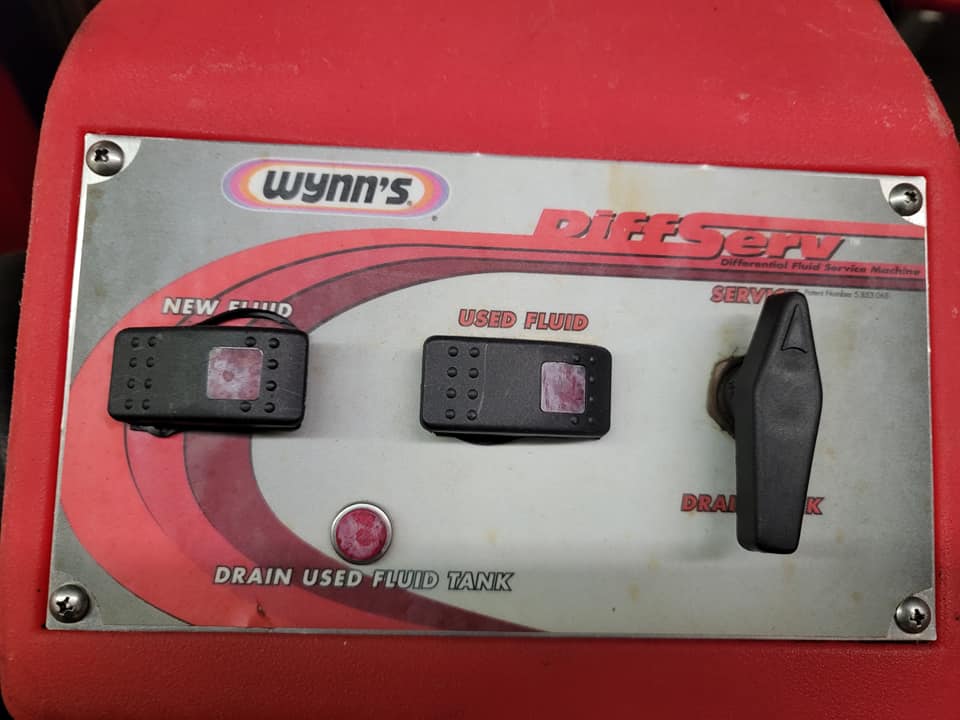Flushing your vehicle's fluids is important for several reasons:
- Contaminants: Over time, fluids in your vehicle can become contaminated with dirt, debris, and other particles that can damage your vehicle's engine or other components. Flushing your fluids removes these contaminants, which can improve the performance and lifespan of your vehicle.
- Oxidation: Some fluids, such as brake fluid and power steering fluid, can break down over time due to oxidation. Flushing these fluids and replacing them with fresh fluids can help prevent corrosion and other damage caused by oxidized fluids.
- Overheating: Old, dirty coolant can cause your vehicle to overheat, which can damage your engine and other components. Flushing your coolant and replacing it with fresh coolant can help regulate your vehicle's temperature and prevent overheating.
- Lubrication: Some fluids, such as engine oil and transmission fluid, are essential for lubricating your vehicle's moving parts. Old or dirty fluids can cause these parts to wear out more quickly, which can lead to costly repairs. Flushing and replacing these fluids can help ensure that your vehicle's engine and transmission are properly lubricated.
- Warranty: Many newer vehicles come with warranties that require regular maintenance, including fluid flushes. If you fail to follow the manufacturer's recommended maintenance schedule, your warranty may be voided, which could result in costly repairs or replacements.
Overall, flushing your vehicle's fluids is important to ensure the performance, safety, and longevity of your vehicle. It is recommended to follow the manufacturer's recommended maintenance schedule for fluid flushes and to have them performed by trained technicians using specialized equipment and fluids.
